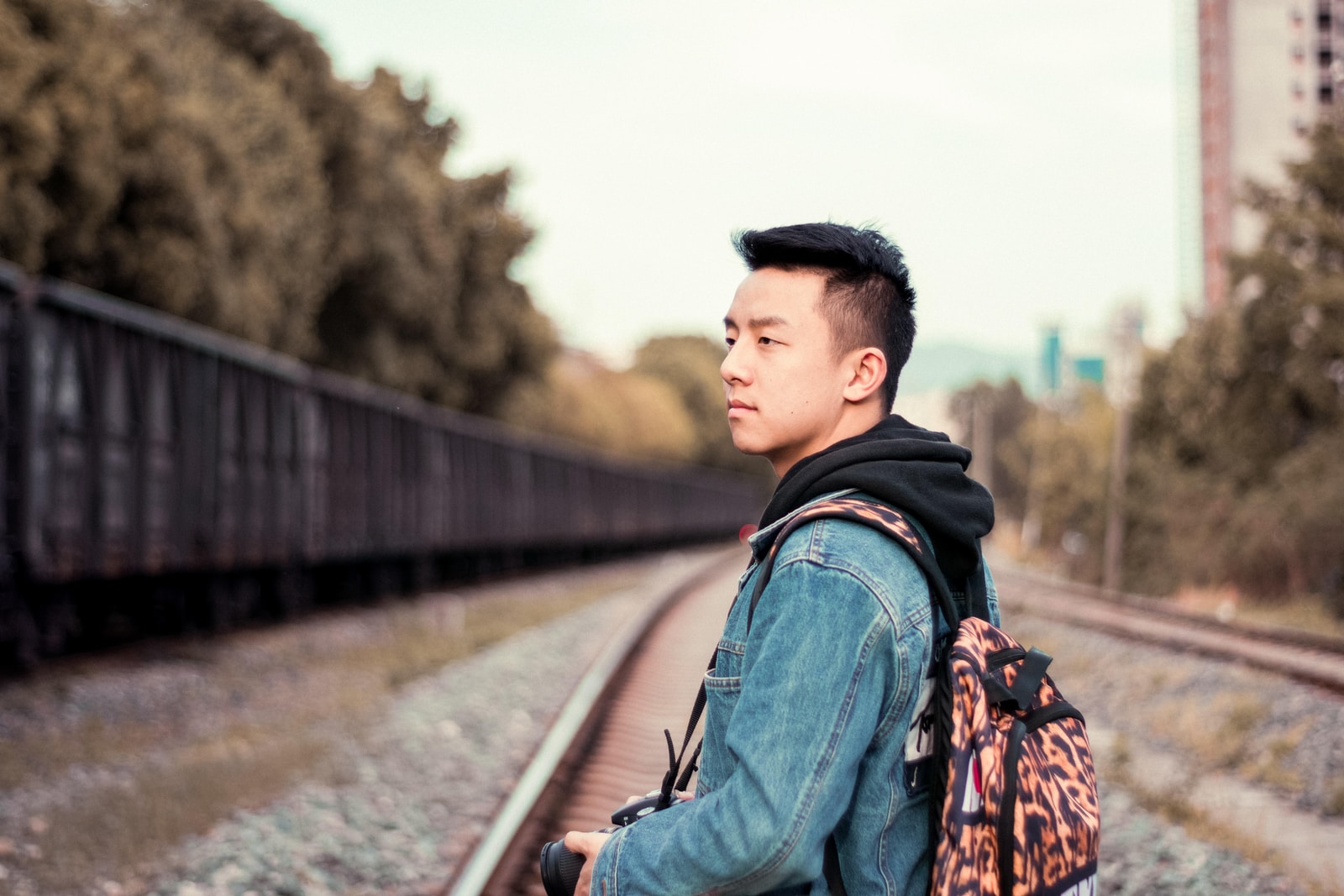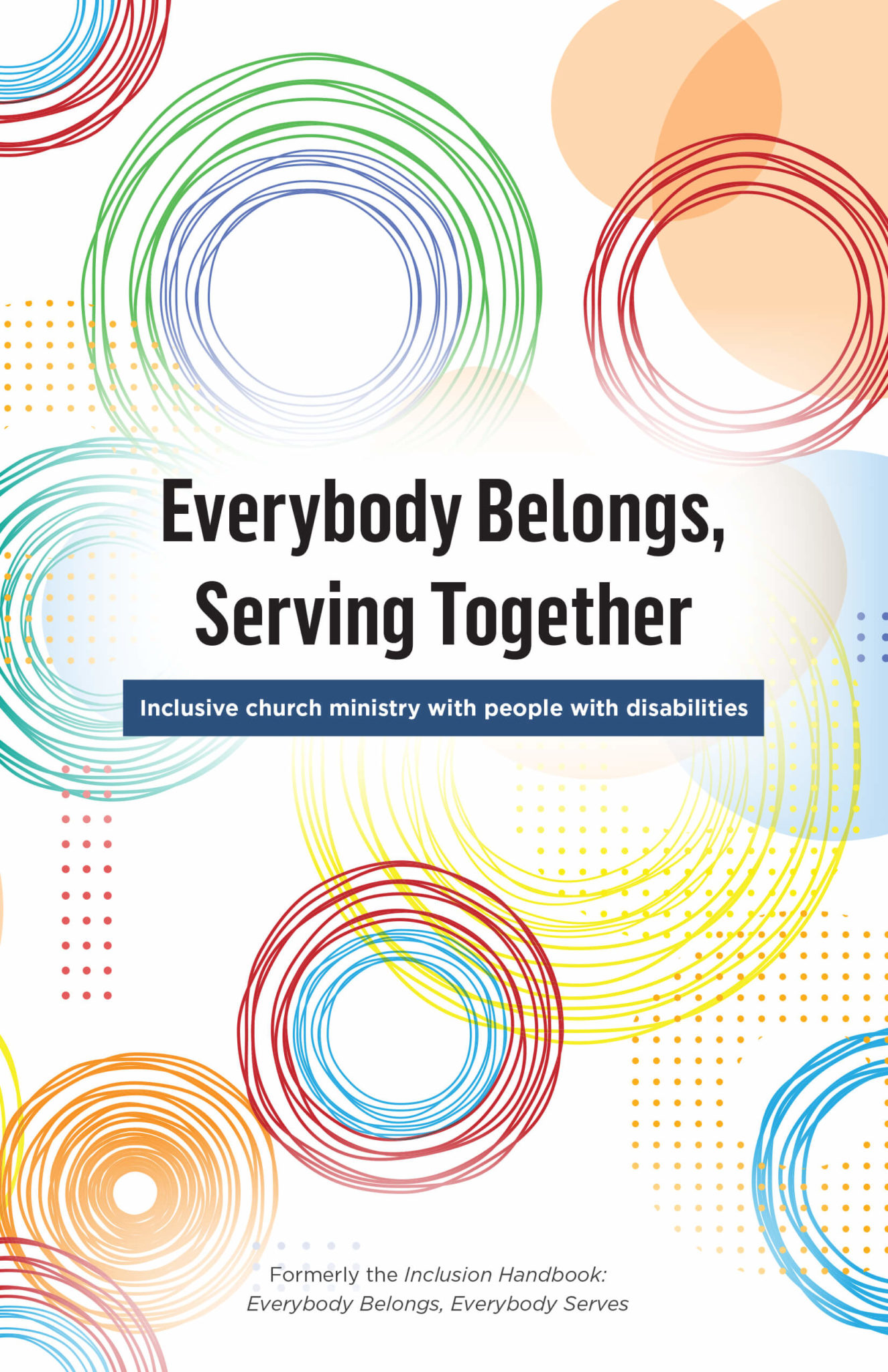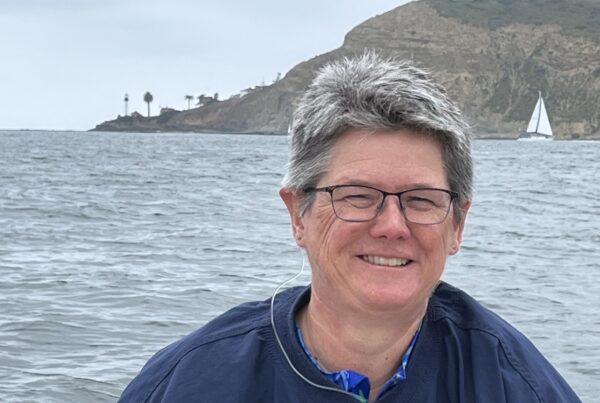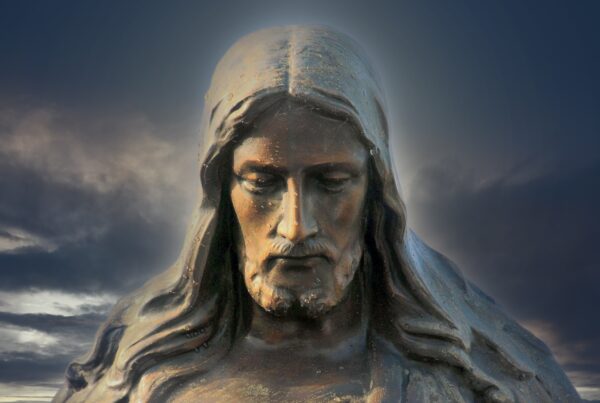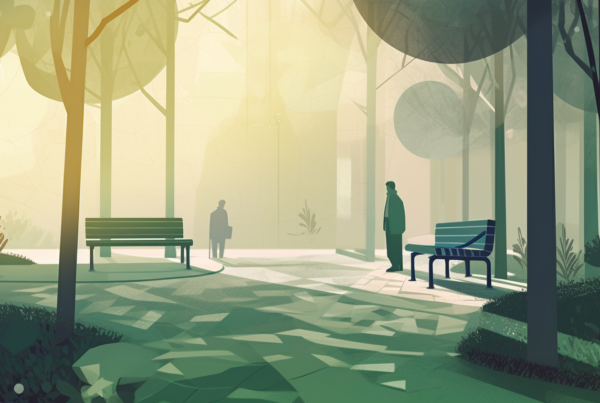My father worked as a police officer in Korea before he became a pastor. When I was 18 years old, I dreamed of going to college to become a doctor, but I became a person with a disability when a terrible traffic accident resulted in several brain hemorrhages and orthopedic surgery.
In Korea, being disabled became a curse to me because Confucian culture shames people with disabilities, believing they are cursed. Similar cultures of shame exist in many other Asian and African countries as well. This pervasive view caused me to feel ashamed of my disability and worthless compared to my former self.
I finished college and joined a large company in Korea, but later I was cut off due to my disability, even though I had no problems with my work. A person with an injured brain loses the opportunity to work in society. The brain is considered the most important part of the body; if it becomes injured, public opinion believes that it becomes impossible for that person to socialize well with others, even with counseling. But this view is not the case.
In time, I came to the United States, earned a Master of Divinity from Calvin Theological Seminary in Michigan, and looked for a church community where I could serve people with disabilities. I applied to several Korean churches in the U.S. with disability ministries, and they were very interested initially, but then I was told a pastor with a brain injury is considered difficult to handle. The public shame I felt from Korean society when I became a disabled person was compounded in the church.
Because of my shame and low self-esteem, I have become nervous when meeting people. Due to some hearing loss and my own shame issues, I sometimes ask people to repeat what they’ve said, but many seem inconvenienced by this. Even in seminary, I was nervous that faculty and friends would think my appearance and my hearing problems would prevent me from keeping up with my studies.
People often do not suspect I have a disability and believe I’m doing well. But honestly, I often fear Korean people, including Christians, because of my culture’s prejudice and tendency to gossip and spread rumors. When I confront this, they act ignorant.
Shame leads to isolation. I have known shame for how my body, mind, and spirit work and for how they do not work. But I also know that people with disabilities are the same precious children of God as people without disabilities.
I’m still working to overcome my shame. It’s not easy to share the painful experiences of my life, but I do so knowing that I am loved by God and that God is using me to bless others. God has given me a heart to embrace people who are weak or live with disabilities, and to do the right thing by working for justice—something I admired in my father from a young age.
Listen to the audio version
From Everybody Belongs, Serving Together
Explore the full guide to inclusive ministry with people who have disabilities
- Stories and guidance directly from people who have disabilities
- An interactive accessibility audit with personalized recommendations for your church
- Suggestions for engaging with people who have specific disabilities, from hearing loss to autism
- So much more!
JungSeong (Samuel) Kim
Rev. Jungseong (Samuel) Kim (MDiv, ThM) is a pastor at Hahn-In Christian Reformed Church in Wyoming, Michigan, and a student in the DMin program in Disability Ministry at Western Theological Seminary. Living with a disability himself, he ministers with students and with a focus on how to design inclusive community in the Korean church.
